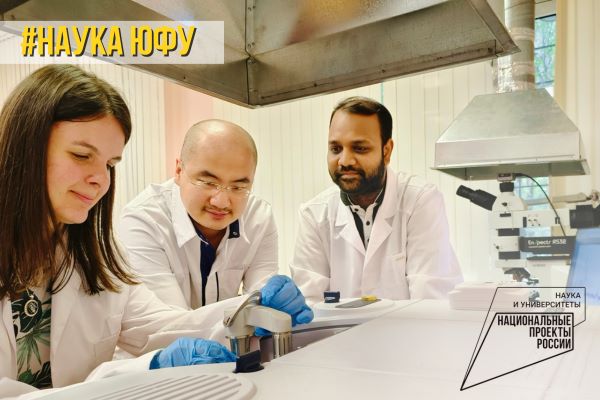Scientists at Southern Federal University (SFedU), in collaboration with colleagues from India and Egypt, have developed an innovative roofing coating that protects against moisture damage, rain, and solar radiation effects. The coating also provides excellent thermal insulation, potentially reducing energy consumption needed to maintain comfortable indoor temperatures.
Urban areas typically experience higher average temperatures than rural regions due to the absorption of near-infrared solar radiation. According to researchers at SFedU’s International Research Institute for Smart Materials, multiple buildings create a kind of “trap” for sunlight, with shiny metal roofs being particularly efficient heat absorbers.
Metal roofing faces several challenges: it’s vulnerable to sharp temperature fluctuations, prone to rust in high humidity, and ineffective at isolating indoor spaces from outdoor conditions or maintaining comfortable indoor microclimates. These issues force residents to rely on electrical heating or cooling systems throughout different seasons. Scientists worldwide are currently working on developing more environmentally friendly and efficient roofing solutions.
The SFedU research team, working with Indian and Egyptian colleagues, has developed a composite coating for metal roofs based on bismuth, vanadium, and zirconium compounds (BiVO4/ZrO2). This coating reflects more than half of the sun’s rays in the near-infrared range. While the roof surface heats up, the internal roof temperature remains 12 degrees lower. The findings have been published in the “New Journal of Chemistry.”
The development of new materials is one of the university’s key research areas, falling under SFedU’s strategic project “Full-cycle Technologies for Rapid Development of Functional Materials for Low-carbon Economy under AI Control” within the federal Priority-2030 program (Science and Universities national project).
“Our proposed material not only helps reduce average urban temperatures but also enhances roof durability: the composite coating slows down iron oxidation that leads to rust formation,” explains Aslam Hossain, Senior Researcher at SFedU’s International Youth Laboratory “Green Smart Nanomaterials: Nature-like Synthesis for Global Sustainable Development.”
Hossain added that beyond environmental benefits, applying the composite to roofs could significantly impact maintenance costs – requiring less frequent repairs and extending the overall lifespan of the roofing.
The researchers plan to further improve the material’s reflective properties and conduct full-scale experiments on real buildings.
SFedU is a participant in the Priority-2030 state program supporting universities.








